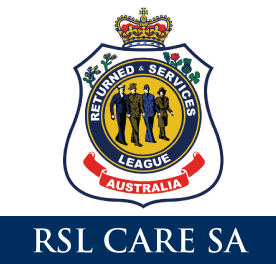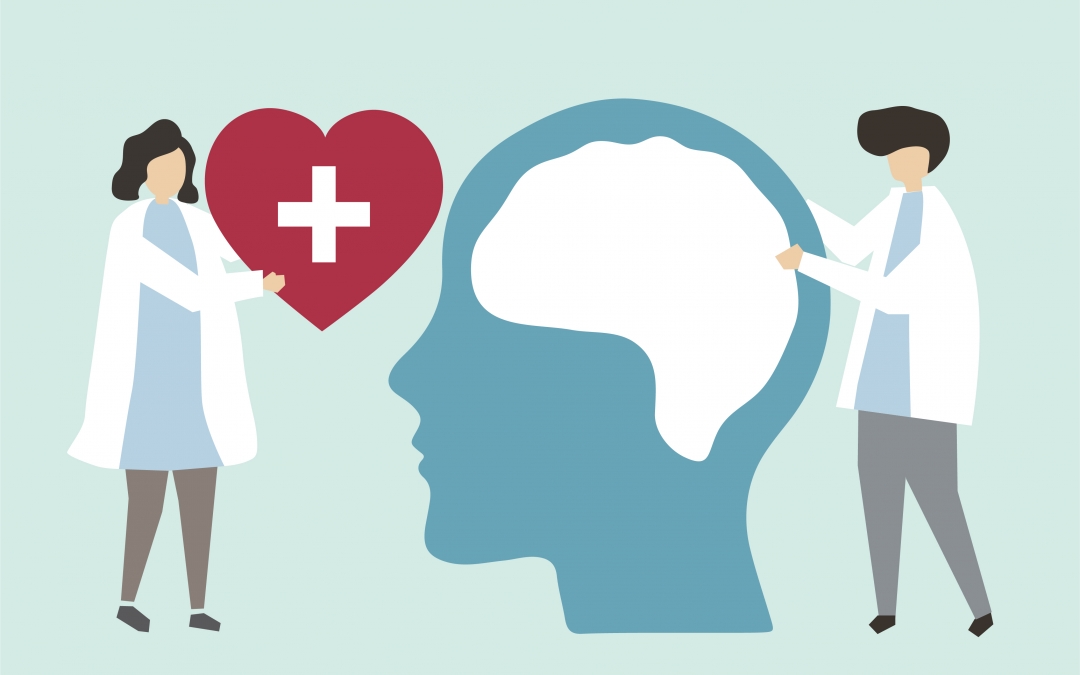RSL Care SA places a great deal of importance on the mental health and emotional wellbeing of our residents. Some examples of mental health conditions experienced by residents within RSL Care SA are depression, anxiety, post-traumatic stress disorder (PTSD) and confusion. These can be suffered by any resident at any time, and individuals respond differently to these conditions. To ensure that residents who are suffering from these conditions are receiving the best possible support, our staff will work closely with the resident, their families and various external organisations. Many of our veteran residents suffer with some of these conditions as a result of their service, and because of this, have a close relationship with the Jamie Larcombe Centre (JLC).
We would like to thank Darren Renshaw, JLC’s Veterans’ Health Advocate, for providing the helpful tips below, on caring for ones mental health, as well as services that can be accessed if the need arises.
Guest post by DARREN RENSHAW – Veterans’ Health Advocate, Jamie Larcombe Centre
What is a mental health problem?
Just as our physical health can vary from one day to the next, so can our emotional wellbeing. We can have good or poor mental health and everything in between, often depending on what’s happening in our lives and how we’re reacting to it. Growing older, career changes, moving interstate, deployment, leaving the defence forces, divorce, grief and loss can all affect our mental health and wellbeing. It’s normal to react to such events in our lives but sometimes our reactions could be a sign of a mental health problem, particularly if they persist. Mental health problems can be mild to severe. You can do something about yourself, and at other times you may need to seek professional help.
How can we care for our mental health?
There are simple ways to maintain good mental health.
- Choose a balanced diet, regular exercise, low-risk drinking and don’t smoke;
- Spend time with friends and family and do at least one pleasant thing each day;
- Exercise and nourish your mind with interests and hobbies and meet new friends at the same time;
- Connect with your community: your local council, church, club or neighbourhood centre will be a source of ideas;
- Talk to family or mates – don’t bottle it up; and
- Accept that it is normal to react emotional to difficulties – don’t be too hard on yourself for feeling down.
Getting help
It can be difficult and frightening to accept that there is something wrong. It’s hard to take the first steps to seek help. If you think that you or someone you care about is not coping, it is important to talk with a professional you trust. Your local doctor is a good first point of call and can help you determine if there is a problem and what the best approach might be.
A number of support services are available to all Australian Defence Force personnel, veterans and their families. These services allow you to speak to someone who is experienced in issues relating to military service.
Services include:
- Crisis and Emergencies – For any crisis, including medical emergencies, call 000.
- Australian Defence Force (ADF) All Hours Support Line – call 1800 628 036 for 24-hour counselling and support. This service is available to all ADF members and their families.
- Open Arms – Veterans & Families Counselling – call 1800 011 046 for 24-hour Australia-wide counselling and support. This service is available to all veterans and their families.
- The Defence Family Helpline – call 1800 624 608 for 24-hour support, information and help in connecting with your local community.
- Lifeline – call 13 11 14 for free, 24-hour Australia-wide crisis support and suicide prevention services.
- Department of Veterans’ Affairs (DVA) – 1800 555 254. DVA exists to meet the Nation’s commitment to care for our veteran and defence service community. DVA do this through programs of care, compensation, commemoration, income support and Defence support services. DVA’s aim is to ensure enhanced self-sufficiency, quality of life, financial wellbeing and community recognition for those they support. This service is available Monday to Friday during business hours.
- The Jamie Larcombe Centre – call 1300 043 175. The centre provides mental health and Post-Traumatic Stress Disorder (PTSD) services to veterans at the Glenside Health Service Campus.
- Statewide Veterans’ Health Advocate – call 7087 1387. The Veterans’ Health Advocate provides a single point of contact for veterans and their families in regard to public health services, hospitals and health information in South Australia. This service is available Monday to Friday during business hours.
Information courtesy of the Department of Veterans Affairs “At Ease” program. Further valuable information can be found at https://at-ease.dva.gov.au/
Read about RSL Care SA’s Andrew Russell Veteran Living program and how we are helping contemporary veterans in need of transit accommodation.

